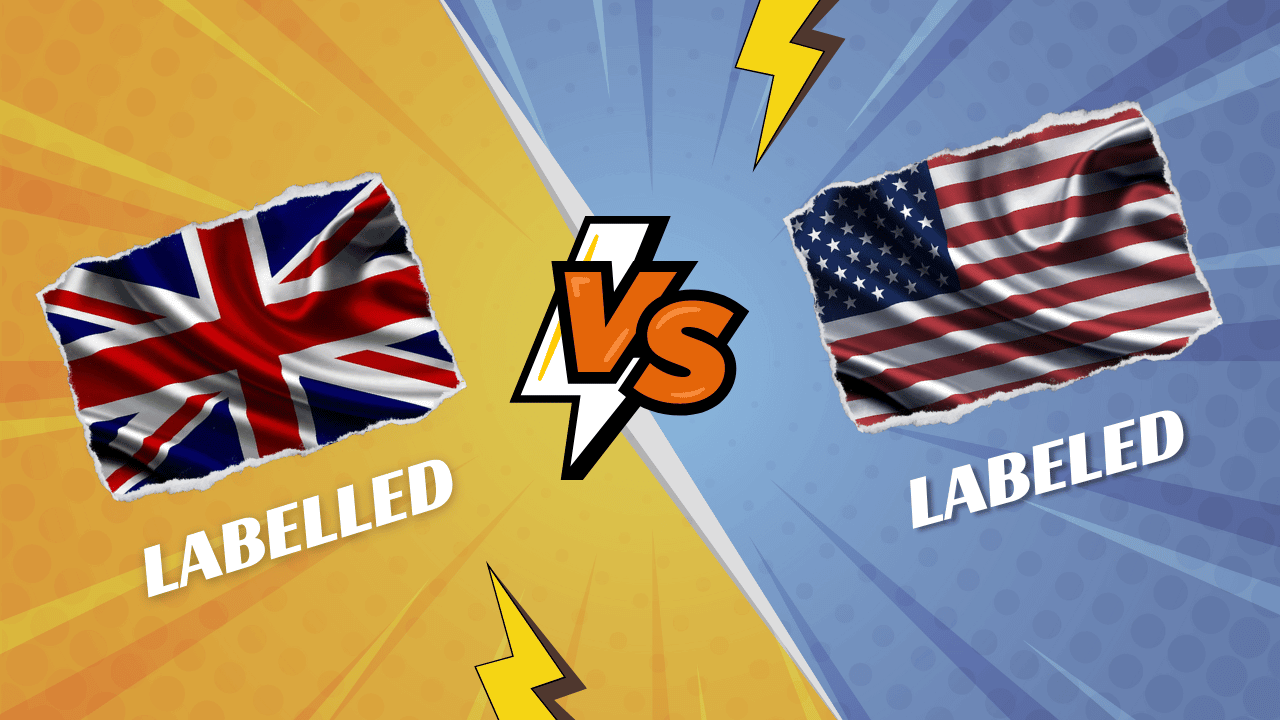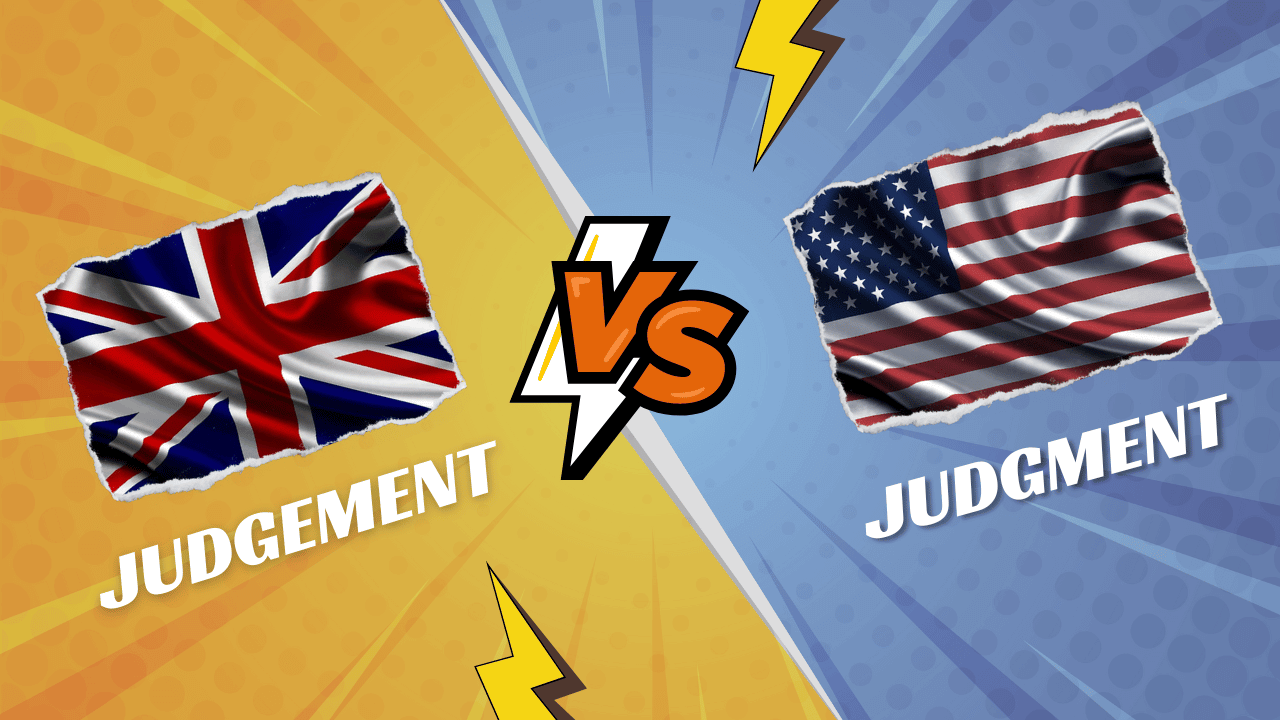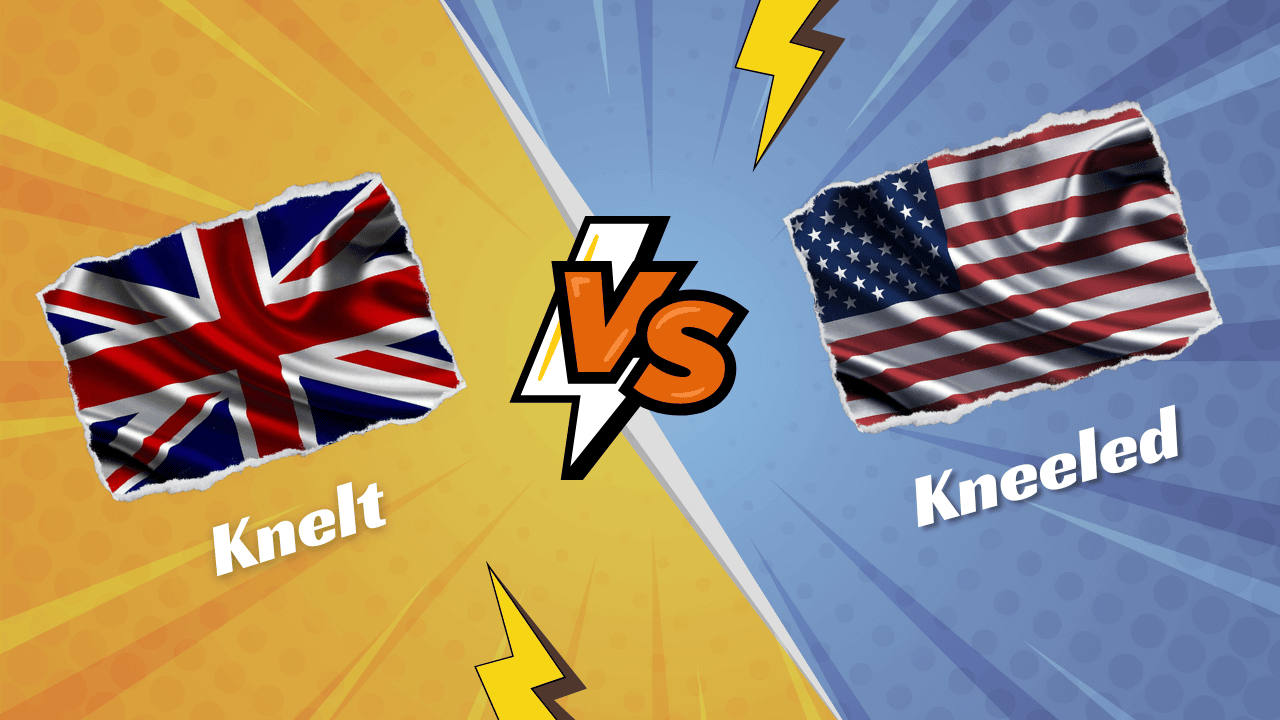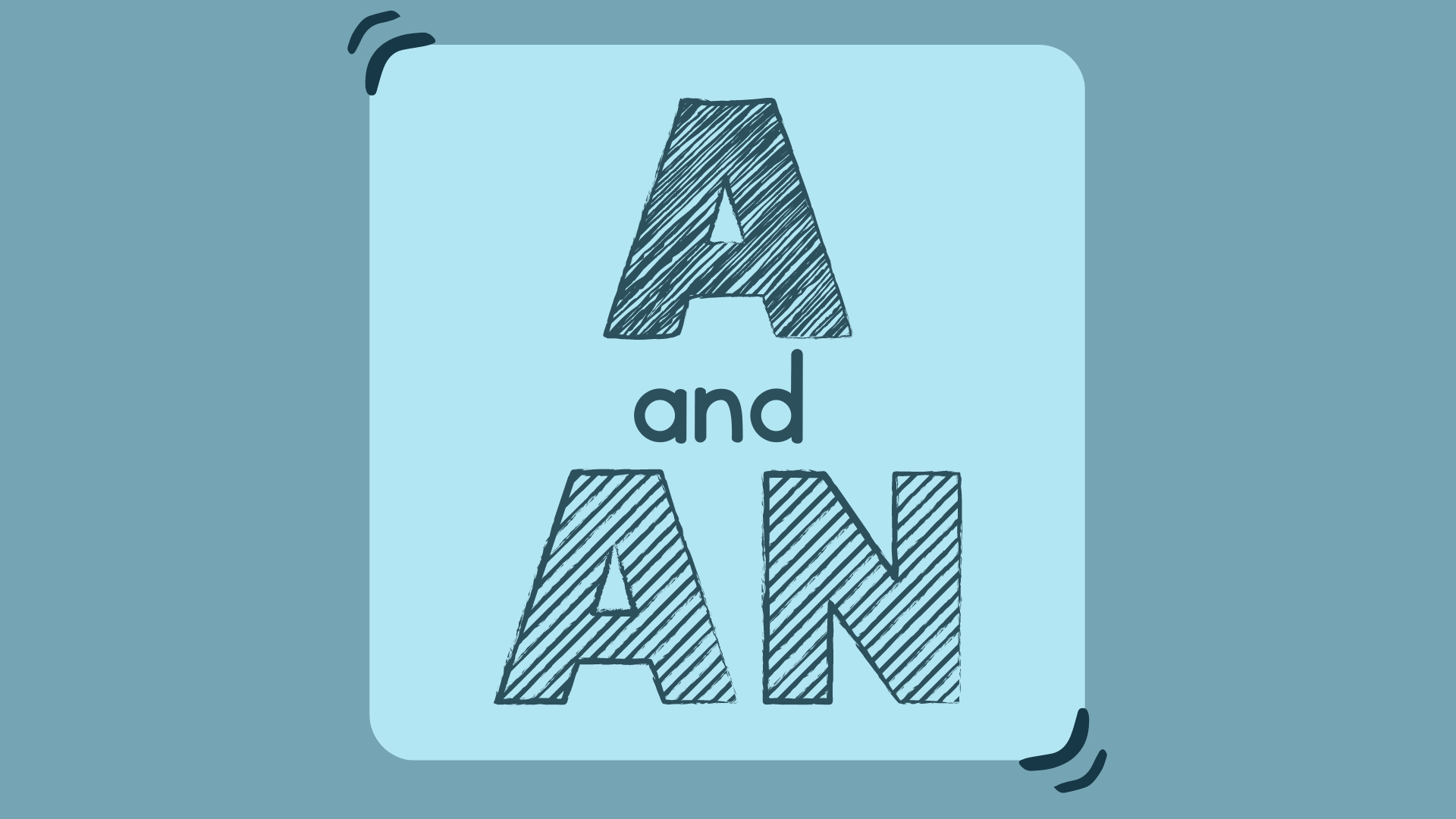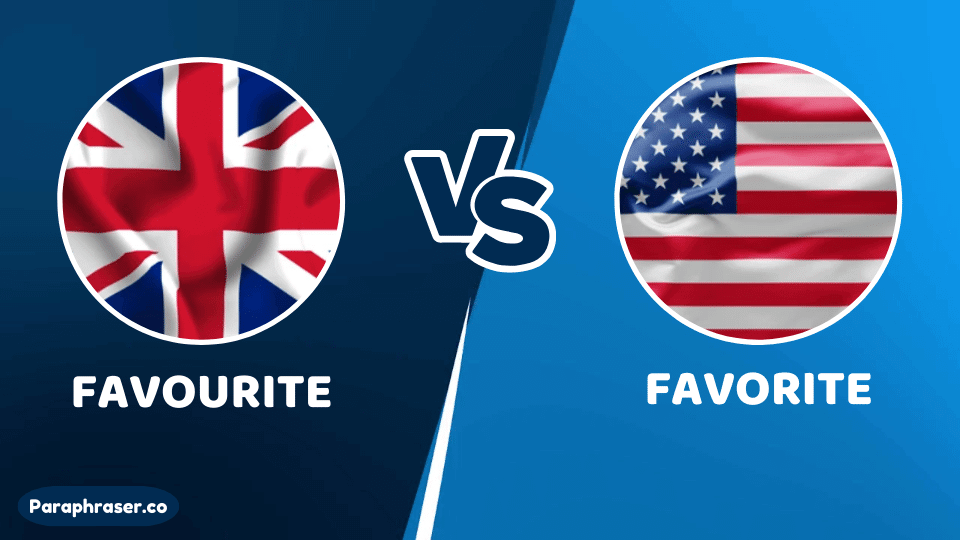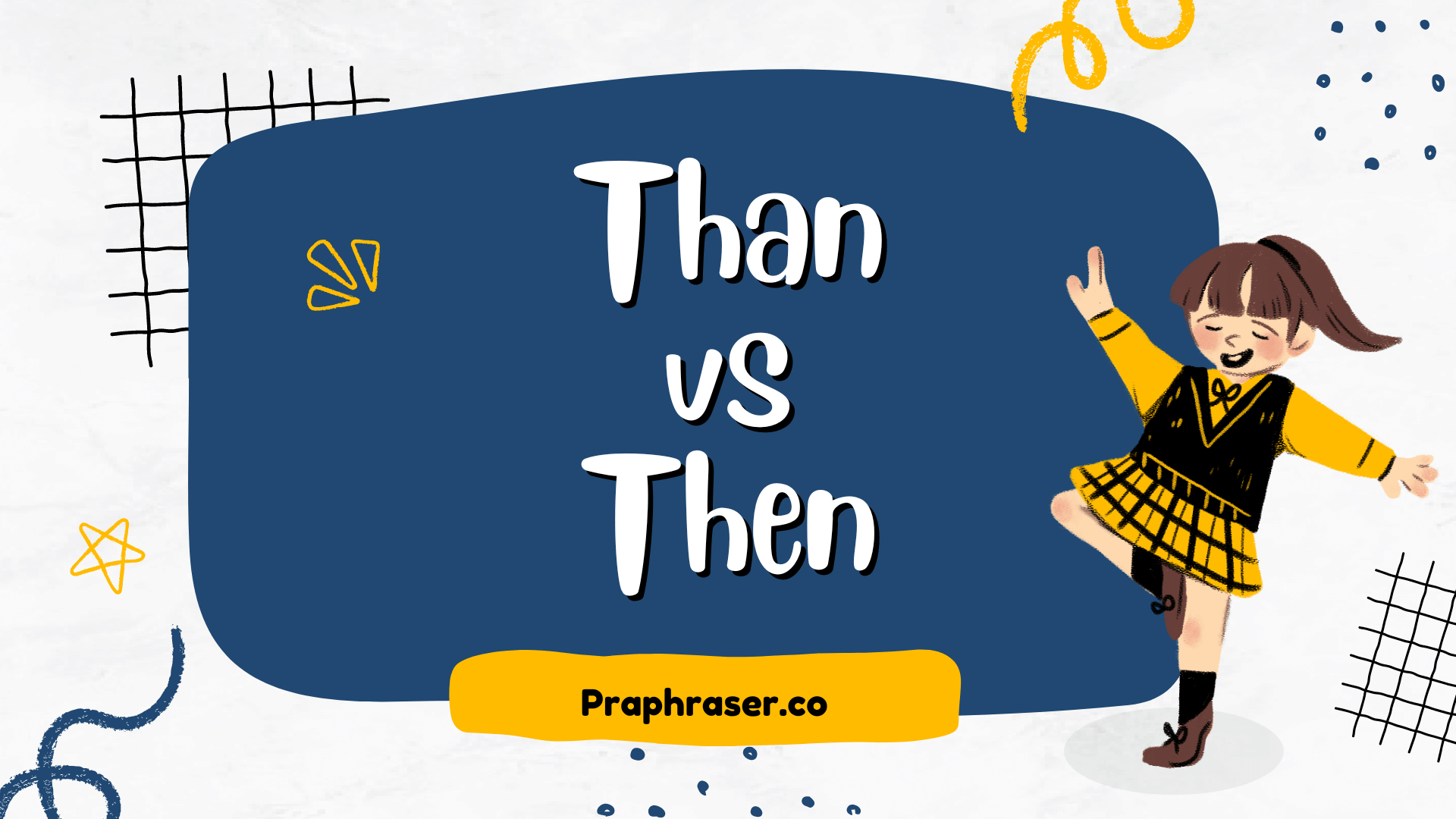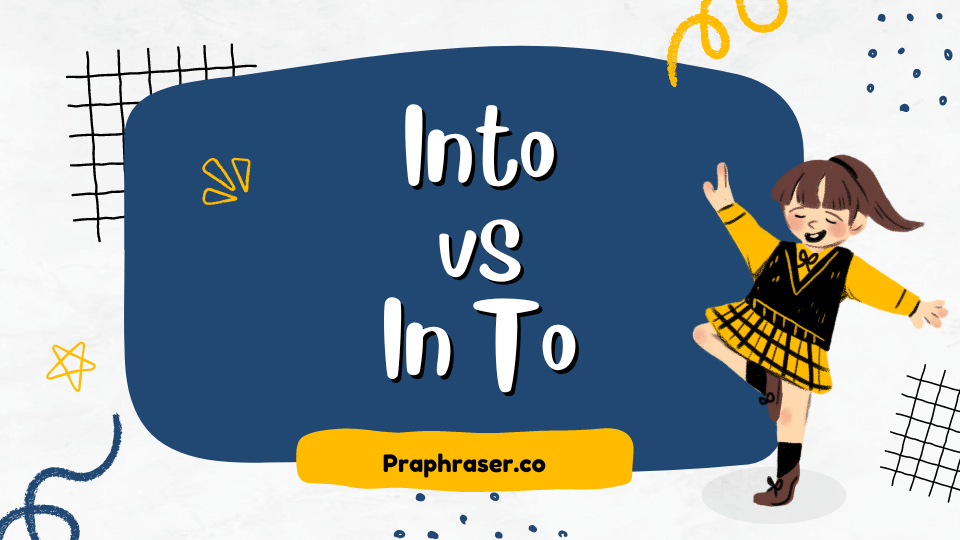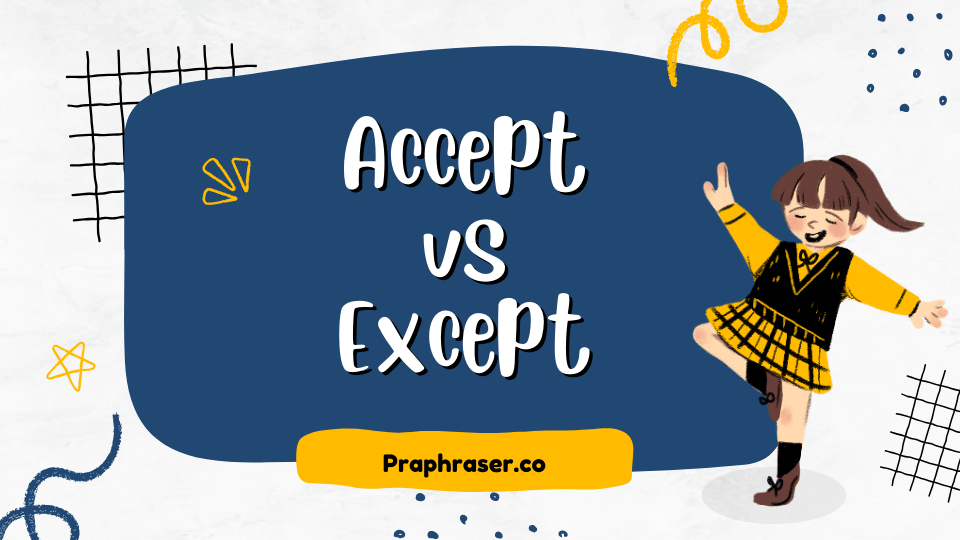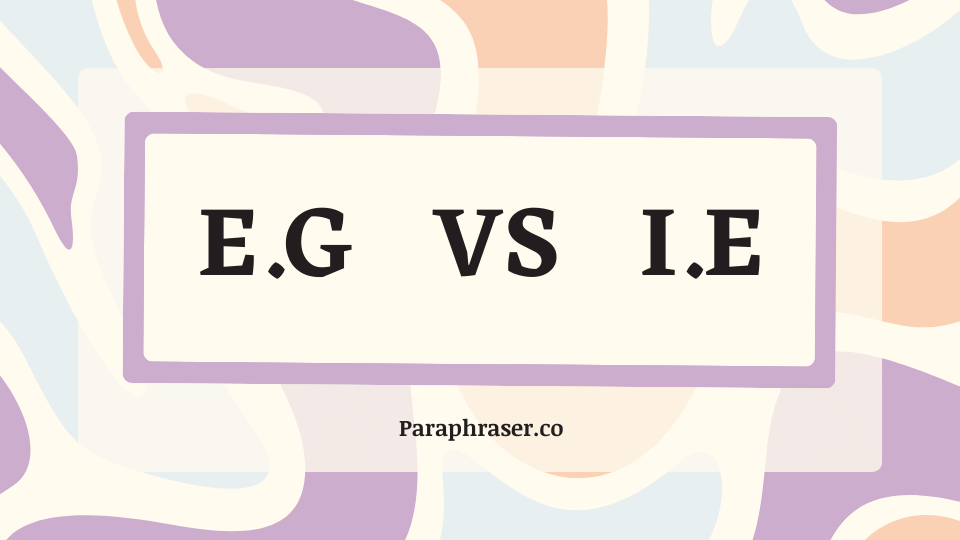Labelled or Labeled
English has lots of words with confusing spellings, like “labelled” and “labeled.” This article is here to help you understand the differences between these two spellings. We’ll look at where people use them, how they fit into sentences, and how they’ve changed over time. I’ll include examples and tables to make it easier to understand. …

